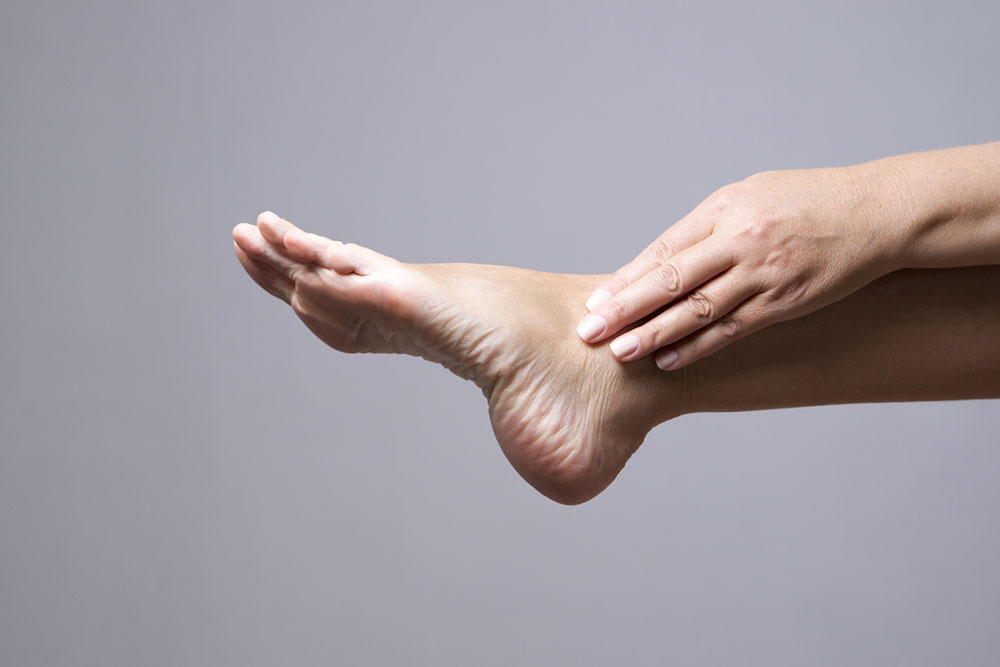Effective Strategies for Managing Neuropathy Symptoms
Explore comprehensive approaches to manage neuropathy effectively. From diagnosis and medications to therapies and lifestyle changes, learn how personalized treatment plans can improve quality of life. Early intervention and professional guidance are essential for optimal outcomes in neuropathy care.

Effective Strategies for Managing Neuropathy Symptoms
The peripheral nervous system connects the brain and spinal cord to various parts of the body, including limbs, face, and internal organs. These nerves transmit sensations and signals, but when affected by neuropathy—caused by injury, infection, genetic factors, or systemic diseases—they malfunction. Damaged nerves may send false pain signals or fail to transmit signals altogether, leading to discomfort and health issues. Proper diagnosis and targeted treatments are essential for managing this condition effectively.
Identifying the underlying cause is crucial for successful treatment, as different causes require tailored approaches. With over 100 types of neuropathy, each presenting unique symptoms—such as tingling, numbness, sharp pains, and autonomic issues—accurate diagnosis guides effective management.
Neuropathy can involve single or multiple nerves. Mononeuropathy affects one nerve; polyneuropathy involves many, often presenting as widespread sensations like burning, weakness, or digestive problems. Symptoms should be thoroughly discussed with your healthcare provider for proper treatment planning.
Diagnostic Approaches
Medical History: Review of symptoms, lifestyle, toxin exposure, and family neurological health.
Neurological Exams: Assessment of reflexes, muscle strength, sensation, and coordination.
Blood Tests: Detect diabetes, vitamin deficiencies, immune issues, or infections.
Imaging: MRI or CT scans reveal structural causes like tumors or herniated discs.
Nerve Tests: Electrical stimulation tests identify nerve damage and function.
Skin Biopsy: Examines nerve endings integrity.
Management Strategies
The main goal is symptom relief through addressing root causes. Treatment should be supervised by a healthcare professional to monitor progress.
While medications can be effective, they may have side effects and risks. Alternative therapies and lifestyle modifications often complement conventional treatments.
Therapies
Electrical Nerve Stimulation (TENS): Uses gentle electrical impulses via skin electrodes, typically over a month.
Immune Therapies: Plasma exchange and immunoglobulin treatments help reduce nerve inflammation and immune-related issues.
Physical Therapy: Enhances strength and mobility; assistive devices like braces or walkers may be recommended.
Surgical Interventions: Address pressure on nerves or remove tumors causing neuropathy.
Complementary Approaches
Acupuncture: Insertion of fine needles to alleviate nerve pain, requiring multiple sessions.
Herbal Remedies: Natural oils like evening primrose may help reduce diabetic neuropathy symptoms, but consultation with a healthcare provider is advised.
Amino Acids: Supplementation can aid nerve health, especially in diabetes or chemotherapy patients, but could have side effects.
Lifestyle and Home Care Tips
Protect your feet with soft, loose socks and supportive footwear.
Regular exercise such as walking, yoga, or tai chi can lessen pain and improve blood sugar control.
Avoid smoking and excess alcohol, as they worsen neuropathy symptoms.
Consume a nutrient-rich diet with plenty of fruits, vegetables, and proteins.
Maintain blood glucose levels within safe limits to prevent nerve damage.
Different treatment methods suit different individuals. Early consultation with a healthcare professional upon experiencing symptoms is vital for effective management.










